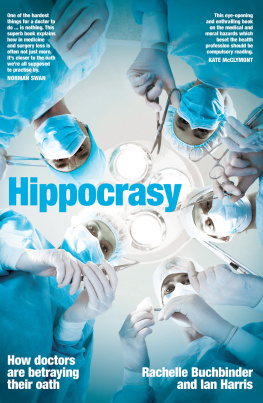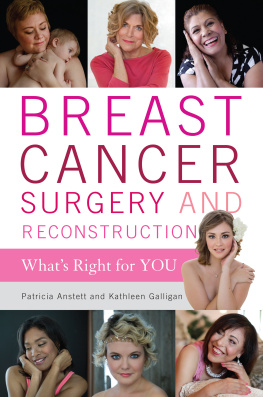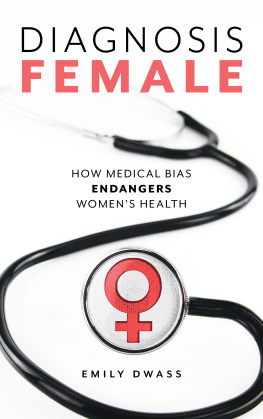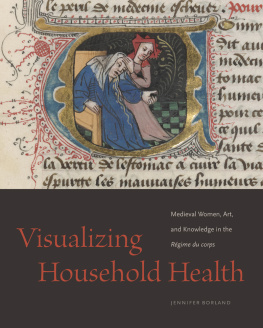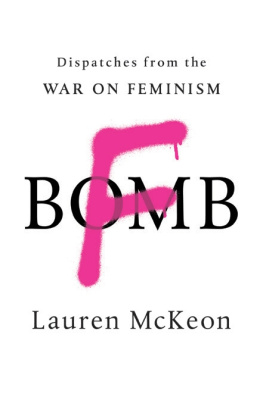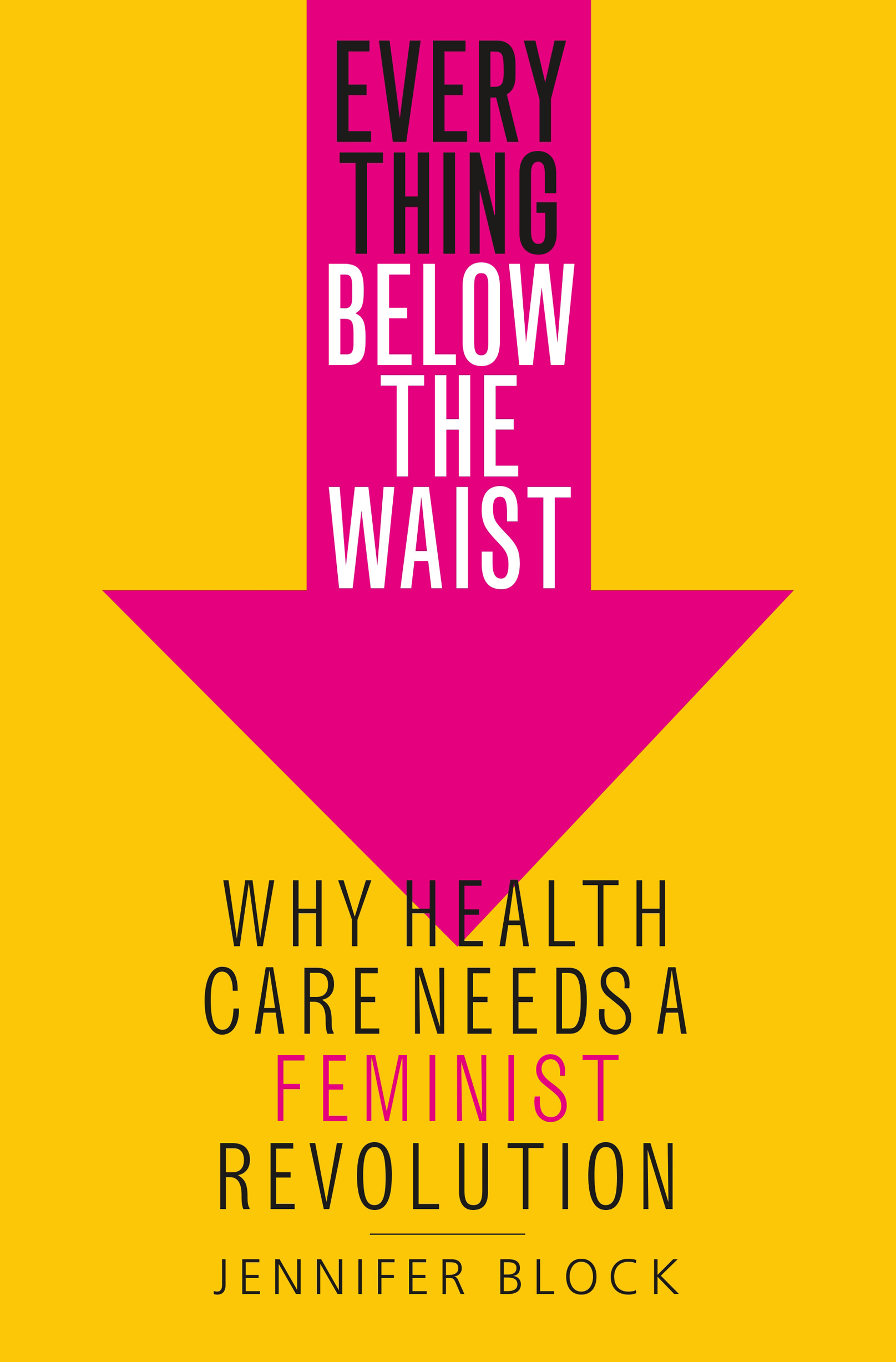The author and publisher have provided this e-book to you for your personal use only. You may not make this e-book publicly available in any way. Copyright infringement is against the law. If you believe the copy of this e-book you are reading infringes on the authors copyright, please notify the publisher at: us.macmillanusa.com/piracy.
Writing this book meant countless days of feeling like it was an impossible undertaking. I have a network of loved ones that spans the globe, and these pages exist because people kept reminding me that they needed to be written. I cant name them allmany are strangers whose notes of praise for Pushed kept me going. Others are true friends, there with pep talks, honest feedback, a place to stay, a place to work, a meal, a drink, a book, emergency tech support, emergency childcare, research assistance. Some of those, in no particular order: Cris Parque, Annia Ciezadlo, Pagan Kennedy, Tracie McMillan, Karen Rose and Chris Stave, Jevon Nicholson, Phoebe Reilly, Mai Hoang, Manda Aufochs Gillespie, Ali and Don Kauss, Cynthia Caillagh, Lisa Selin Davis, Aaron Gilmartin, Roger Rothstein, Virginia Vitzthum, Bernardo Issel, Claire Kirk, Melissa Tapper Goldman, Barbara Katz Rothman, Maria Luisa Tucker, Andrew Boyd, Janis Brody, Joanna Wheeler, Rob Worthington, Jared Kelly, Carlitta Burrell, Tesa Mayorga, Wendy Geitz, E. J. Shu, Trish Hickey, Bill Bornstein, and Liz Canner.
In addition to my far-flung network, a slew of newly minted grandparents and aunties showed up in physical form when I was teetering in the work-life balance: Audrey, Roberta, Steff, Nonna, Ron, Steve, Shorna, Grandpa Lenny, and Uncle Adam. Ethan Murphy, thank you for being an incredible dad to our incredible kiddo. Brooklyn, thank you for being a villagewith playgrounds and serendipitous playdates and friendly neighbors. To those parent-neighbor-friends in particular, Im indebted to you for so many childcare swaps that ultimately weighed in my favor.
Im so very lucky to have found my agent, Elizabeth Kaplan, early on in my career. Loyal and real, she firmly and patiently guided this blizzard of a book idea into something recognizable and found it a home at St. Martins, where editors Karen Wolny and Elisabeth Dyssegaard brought it more rigor and clarity. Special thanks to Francesca Messina for the sharp cover design.
I want to express enormous gratitude to Ben Strader, Harriet Barlow, and the wide, wonderful family of Blue Mountain Center, which granted me space, community, and natural beauty to work out the thesis and structure; to the Whiting Foundation for its overwhelming generosity and vote of confidence in this work; to Sarah Blustain, Esther Kaplan, and the rest of the phenomenal crew at Type Investigations, which supported portions of reporting in chapters 4 and 6; and to Katie Orenstein and the OpEd Project for teaching and reteaching me how much our ideas matter.
This book wouldnt have been possible without my mother, Roberta Block, who is not only the sweetest person I know, but who enables me to take professional risks because I know she is there if I fall on hard times.
And most importantly, thanks to my son, Abe, who grew from babe-in-arms to dinosaur maven during the writing of this book, and who continuously reminds me that what we believe about our bodies and how they deserve to be treated is learned.
IN PASO ROBLES, CALIFORNIA, a woman returns to the clinic where she had an IUD inserted to have it removed, because, in her words, I went from a happy-go-lucky 31-year-old to a depressed walking zombie in just 3 weeks. The clinician refusestells her she doesnt think its a good idea, tells her to wait six months, says what happens when you have an abortion? After making her case and being denied multiple times, the patient, shaking with anger, turns the request into a demand. The clinician rolls her eyes, takes the device out, and wordlessly leaves the exam room.
In Somers Point, New Jersey, a woman having her second baby is nine (out of ten) centimeters dilated, on hands and knees with her midwife, feeling the urge to push, when the obstetrician on call enters the room, asks about the womans previous delivery (vaginal), and tells her shell need a C-section this time. When the woman asks questions, the doctor threatens to call legal people if she doesnt sign a consent form for surgery.
In Minneapolis, a 46-year-old woman at a renowned medical center has a robotic, minimally invasive hysterectomy. Two days later she tells the nurses of concerning symptoms: pain, elevated heart rate, increased respiration. Doctors note anxiety in her chart, administer Ativan through her IV without telling her, and discharge her with a prescription for the antianxiety medication. Two days later she wakes up in pain so unbearable she calls for an ambulance. It turns out her intestine had been damaged during the hysterectomyshe emerges from emergency surgery with a colostomy bag.
You may already be familiar with a version of this story: Woman needs medical care. Woman is ignored. Woman has to fight.
The patient-doctor relationship is among the most sacred in the secular world. We surrender our modesty and trust our physiciansespecially our OB/GYNswith our most intimate needs and vulnerabilities. In return, at a minimum, we expect science, expertise, and respect. Elizabeth Blackwell, the first U.S. woman to get a medical degree, noted the gendered power imbalance inherent in the relationship and advocated for womens equal representation in the profession. It is not only by what women will do themselves in medicine, but also by the influence which they will exert on the profession, that they will lead it to supply the needs of women as it can not otherwise, she lectured in 1859.
Today, half of all medical students and some 60 percent of OB/GYNs are female, yet our dignity in the medical realm is no more secure.
Shocked? I was too. Hadnt we come a long way, baby, from the dark days when cervical cancer was the number one cause of cancer death in women, the days when breast cancer needed more awareness? Hadnt we conquered perpetual pregnancies? Arent we all eating more fresh vegetables? And dont women have more power now, in medicine as well as in society at large?
To try to explain it, one can parse the generational and international differences: We live in a more toxic environmental soup now than in our parents and grandparents day, and the lack of guaranteed health care is a unique driver in the industrialized world. Another explanation, to be blunt, is racism. Black women are more likely to die of heart disease, breast cancer, and pregnancy, and when researchers drill down to determine why, the salient factor is the stress caused by the daily wear and tear of being a woman of color in twenty-first-century America. Health disparities hold true for men of color as well.
But why is our health slipping when women in the United States visit more doctors, have more surgeries, and fill more prescriptions than men? Hormones are a problemnot our own, necessarily, but the endocrine-disrupting chemicals that have infused everything from lotion to tap water. Research funding is also a problemfor example, autoimmune disorders affect a stupefying 10 to 20 percent of the population (depending on how many diseases you put under the umbrella) and some 75 percent of sufferers are women, yet these diseases claim a fraction of investigative efforts.



